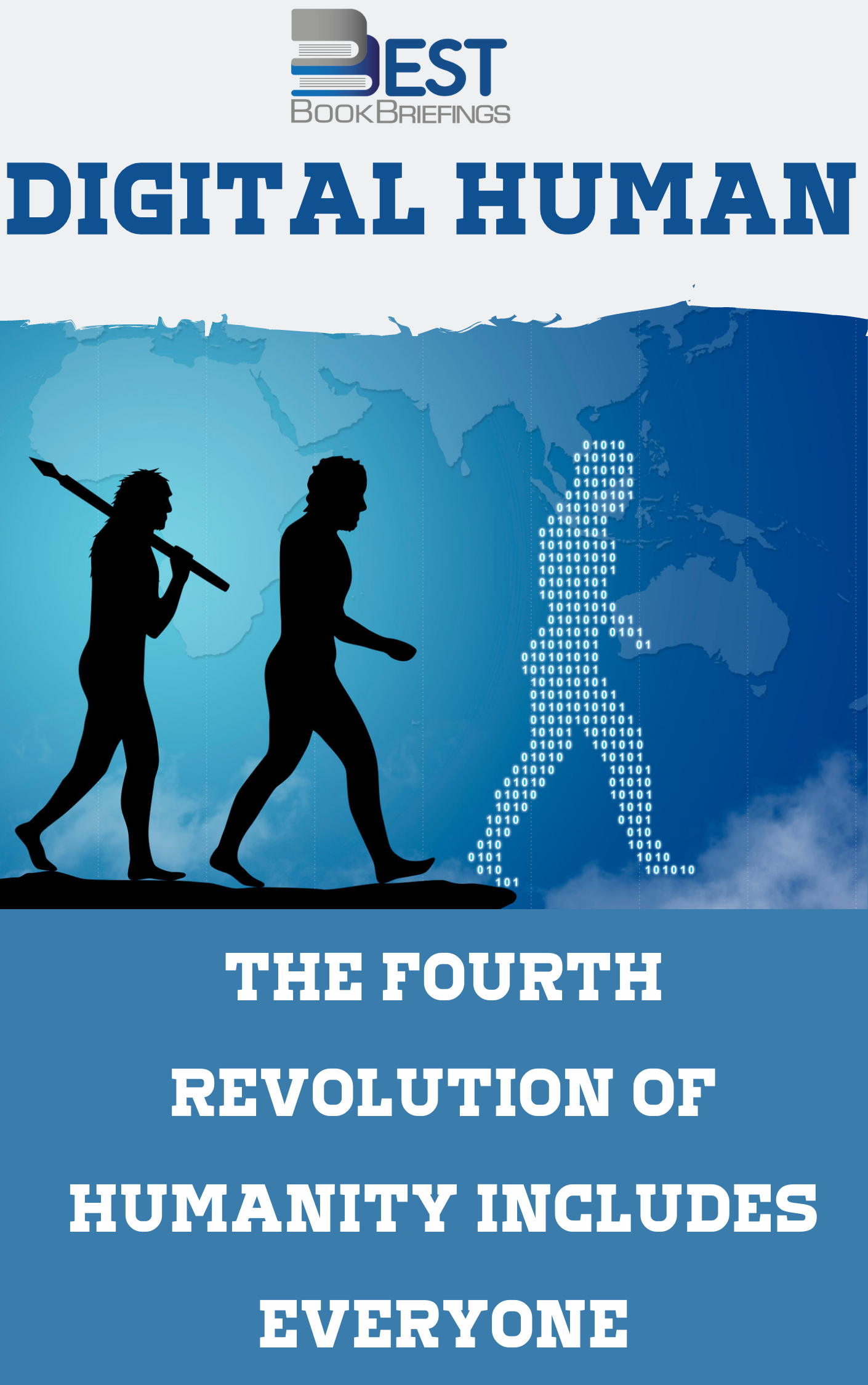Digital Human
The Fourth Revolution of Humanity Includes Everyone
Number of pages: 328
Publisher: Wiley
BBB Library: Economics and Investment, Technology and Globalization
ISBN: 978-1119511854
Editorial Review
Digital Human is a visionary roadmap for the future, a timely guide on how to navigate the world of finance as we create the next generation of humanity. It explores the digital evolution’s impact and offers clear insights on thriving in this new era. Human and business relationships are evolving, and existing businesses must undergo substantial transformative changes to compete with the smaller, “lighter,” and more agile companies that are able to quickly maneuver to match shifting consumer demands. A lack of online presence has become unthinkable, as consumer preferences continue to trend heavily toward online business and transactions. Leaders must rethink their businesses to be fit for the future digital age, and this comprehensive resource shines a spotlight on the key elements to this transformation.
Book Reviews
Books on Related Topics

In The Second Machine Age MIT’s Erik Brynjolfsson and Andrew McAfee—two thinkers at the forefront of their field—reveal the forces driving the reinvention of our lives and our economy. As the full impact of digital technologies is felt, we will realize immense bounty in the form of dazzling personal technology, advanced infrastructure, and
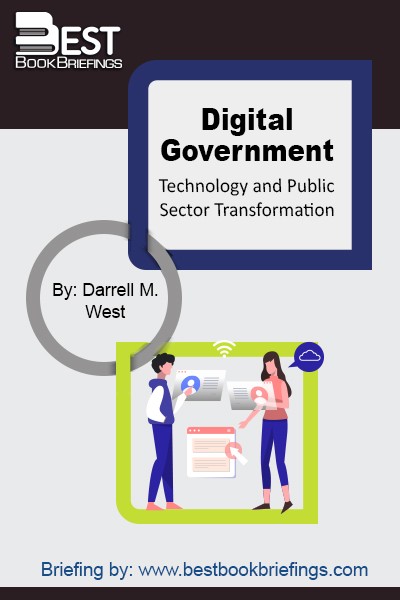
This book looks at the phenomenon of electronic government, that is, public sector use of the internet and other digital devices to deliver services, information, and democracy itself. Although personal computers have been around for several decades, recent advances in networking, video imaging, and graphics interfacing have allowed governments to develop
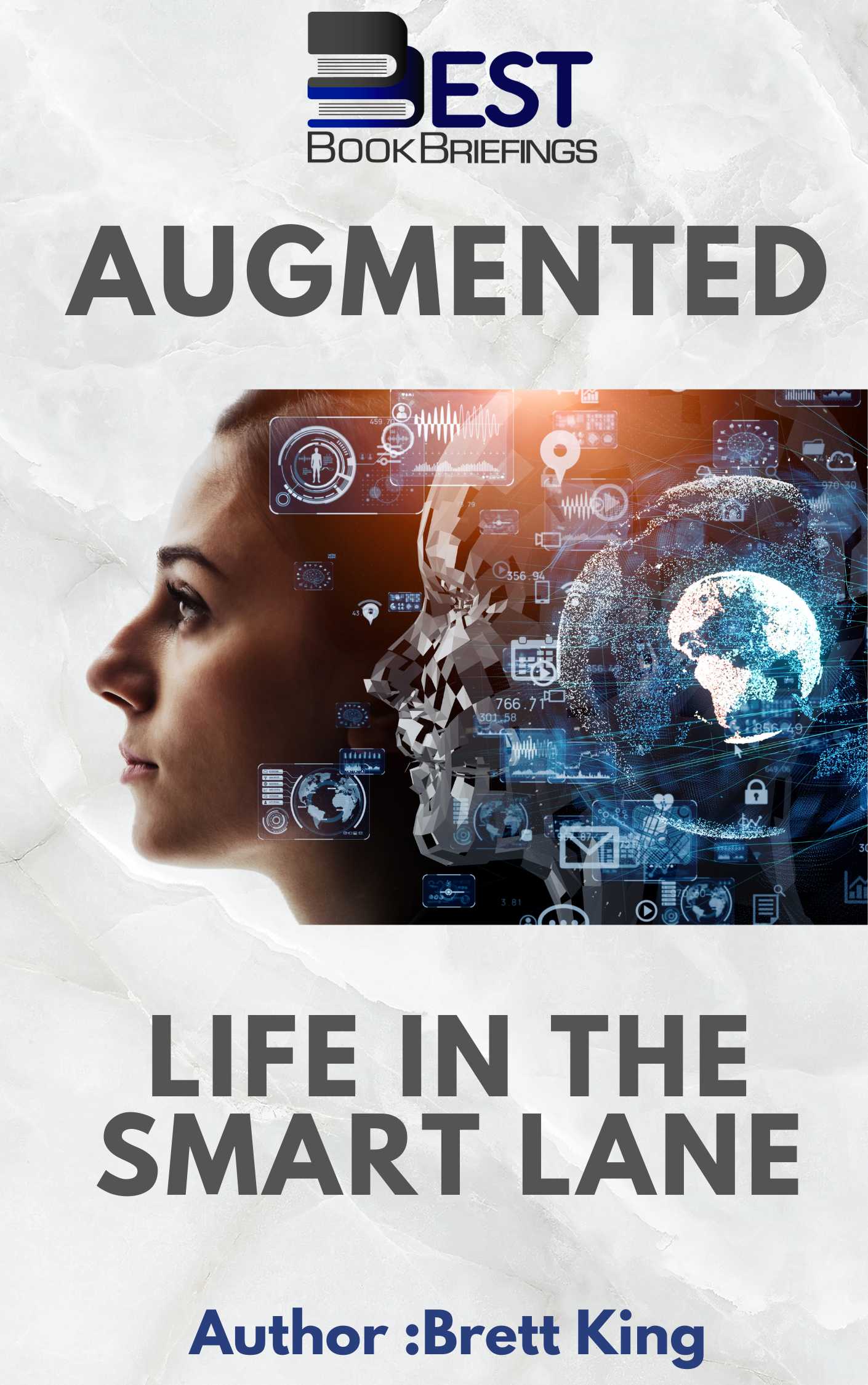
We are closer now to 2030 than we are to the start of the new millennium (2000). The technologies we are exploring today are radically going to redefine the next age of humanity. This next age is called the Augmented Age, because of how radically embedded and personal technology will augment
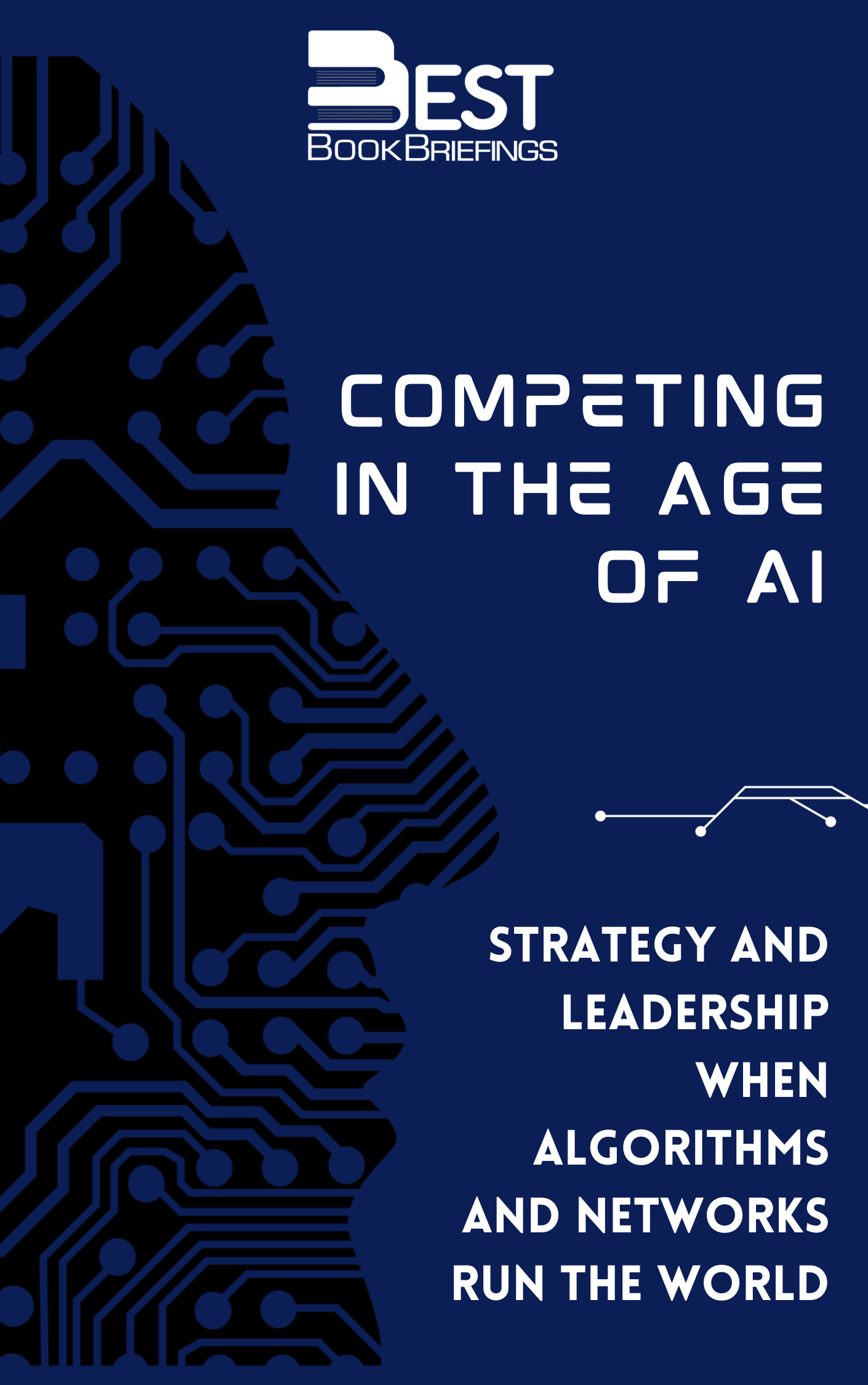
AI (Artificial Intelligence) is quickly turning into the new foundation for businesses, defining how companies operate and execute their tasks. The first big implications of AI on our society are not in simulating humanity, but rather in transforming our organizations and the way they shape our world. To bring about these
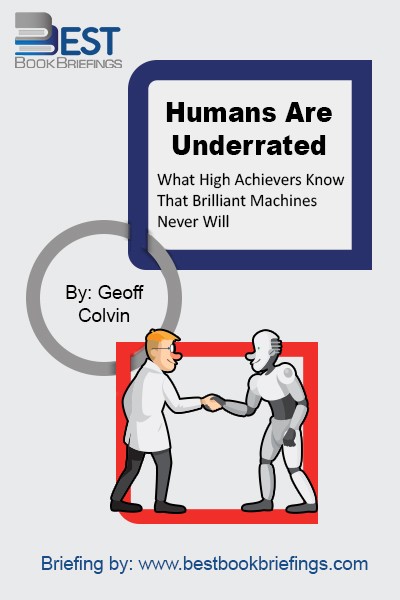
In the economy of a few years from now, what will people do better than computers? Technology is rapidly invading fields that it once could not touch, driving cars better than humans do, predicting Supreme Court decisions better than legal experts, packing boxes, identifying faces, scurrying around hospitals delivering medications, all

